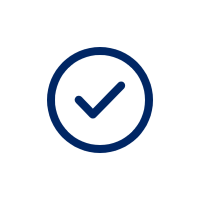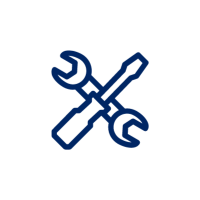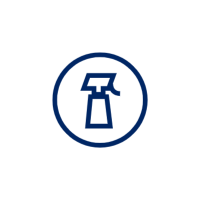(updated 14 October, 2022)
 |
Being COVID Safe
|
|
 |
Rules for your area |
|
 |
Vehicle SanitisationVehicle Sanitisation Best Practice |
|
 |
Tools and Resources
|
|
 |
News and UpdatesSelf-isolation mandate lifted in NSW |
How to be COVID Safe
Mandatory masks
From Wednesday, 21 September 2022, masks will no longer be mandatory on public transport including point to point transport vehicles.
Isolation and testing rules
Latest NSW Health changes:
From 14 October 2022, it will no longer be mandatory to self-isolate at home if you test positive to COVID-19.
NSW Health strongly recommends people who are sick or have tested positive to COVID-19 stay home until their symptoms have gone.
Safety measures
What should drivers do to maintain good hygiene practices?
Drivers are required to wear masks and are advised to wash hands often with soap and water and use alcohol-based hand sanitiser where possible between hand washes and after opening and closing doors, moving luggage, exchanging payment and after personal contact.
What cleaning practices should be carried out and when?
Drivers are advised to wash hands often with soap and water and use alcohol-based hand sanitiser where possible between hand washes and after opening and closing doors, moving luggage, exchanging payment and after personal contact.
Tools and resources
Public Health Orders
Public health orders have been issued to protect the community and reduce the spread of COVID-19 infection.
For further information about the new public health orders and restrictions under the orders, please visit health.nsw.gov.au/coronavirus.
COVID-19 tips
COVID-19 safe travel tips for the point to point transport industry
- Passengers should sit in the backseat
- Use contactless payment methods where available
- Do not travel if you are feeling unwell
- Passengers should handle their own luggage
Financial assistance
Support for businesses and individuals
For information on how the Australian Government is supporting businesses in response to the Coronavirus (COVID-19) pandemic, please refer to the relevant Government websites:
- Support for Businesses
- Supporting Individuals and Household
- Fair Work Ombudsman – Coronavirus and Australian workplace laws
- Australian Small Business and Family Enterprise Ombudsman
- The latest Government departments can be found by visiting australia.gov.au
What government support and assistance is to the point to point transport industry and drivers?
Support resources
- Fair Work Ombudsman – Coronavirus and Australian workplace laws
- Australian Government Treasury – Support for Businesses
- Australian Taxation Office – COVID-19: information for small business
Support services:
Industry links
- Visit the NSW Government health website for the latest information and advice on novel coronavirus (COVID-19).
- Safework Australia has developed an in-depth fact sheet for taxi and ride share services: Minimising the risk of exposure to COVID-19
- Call the National Coronavirus Health Information Line on 1800 020 080 for general advice or healthdirect on 1800 022 222 if you have symptoms.
- The Industry Contact Centre can be reached on 131 727 and is open for industry enquires from Monday to Friday 8am-5pm.
- If you require translating or interpreting services, call 131 450. The phone number of your state or territory public health agency is available at www.health.gov.au/state-territory-contacts.
Vehicle sanitisation
Vehicle Sanitisation Best Practice
Car cleaning tips for the point to point transport industry
An infographic to explain how often you should clean your vehicle, what parts you should clean and which cleaning products to use.
How to clean your point to point vehicle
In order to prevent the spread of Coronavirus (COVID-19), drivers of point to point vehicles need to carry out good hygiene practices and protect themselves and their passengers from the spread of illness.
Here’s a short video guide on how to clean your point to point vehicle.
What areas of vehicles should be focused on when cleaning?
Areas of the car drivers should focus on when cleaning include:
Door handles both internal and external
- Internal grab handles above doors
- Seats and headrests
- Seatbelts
- Window control
- Centre console
- Cup holders
- Dash
- Buttons and radio
- Payment terminal
- Steering wheel
- Boot lid and handle
When should a vehicle be cleaned?
Drivers should clean their vehicles at the end of each shift, and after a passenger who sounds unwell (e.g. sneezing or coughing while in the vehicle) exits the vehicle.
What cleaning products should I use?
Drivers should use alcohol-based wipes where available or household disinfectant to clean their vehicle.